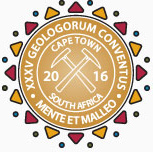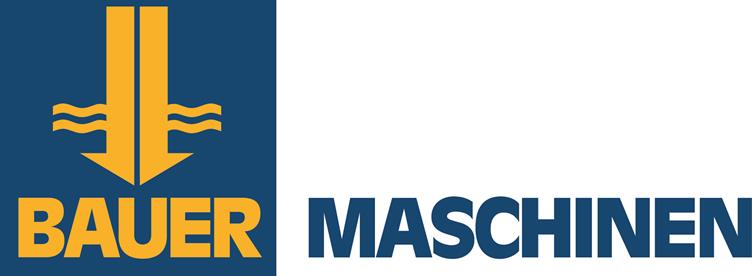
35TH INTERNATIONAL GEOLOGICAL CONGRESS
27 AUGUST - 4 SEPTEMBER 2016 | CAPE TOWN, SOUTH AFRICA
Sponsors
Keystone Sponsor


Diamond Sponsor


Gold Sponsor


Silver Sponsor








Business Centre Sponsor


Publication Sponsor




Social Function


Plenary Speaker Sponsor


Speaker Gift Sponsor


Post Graduate Fund


Registration


Welcome Drinks


Lunch Time Drinks


Publication &
35 IGC SAGPGF
35 IGC SAGPGF

35 IGC SAGPGF




MY IGC APP


Symposium Sponsor




Audit Sponsor


35TH INTERNATIONAL GEOLOGICAL CONGRESS
27 AUGUST - 4 SEPTEMBER 2016 | CAPE TOWN, SOUTH AFRICA
My IGC
Symposium Details
| Title | Description | Convenors |
|---|---|---|
| Hydrochemistry of streams in karst area: biogeochemical processes and watershed input | Study on short-time scale (daily to seasonal) cycling can help to reveal relatively rapid biogeochemical processes in natural water (in-stream interaction) and discriminate drainage basin processes in recharge area. Results from earlier studies showed that the changes in aqueous chemistry are closely associated with biogeochemical processes and featured as diel cycling. Biological processes (photosynthesis and respiration), geochemical processes (bicarbonate equilibrium, calcite precipitation), groundwater exchange, the stream order and forms even microenvironment of riverbed all have remarkable influence on diel aqueous chemistry. In high alkalinity and calcium content streams, representing carbonate-rich basin, calcification or acid secretion of organisms may play important role for aquatic plant photosynthesis, thus result in diel hydrochemical cycling. Diel DIC cycling in many cases indicated that the river is losing inorganic carbon along its flowpath, and converting to organic carbon, such that inorganic C storage in streambeds will be an important net DIC sink in small productive streams. The effect of diel cycling of biogeochemistry on interpretation of carbon cycling, sink and source, especially on clarification of karst carbon sink stability and net carbon sink estimation trends becomes increasingly important in karst aquifer systems. Diel variability has implications for the design of long-term surface water monitoring programs and interpretation of water quality trends. Papers on the relations between living organisms and inorganic phase and solutes, stream ecosystems and climate change are invited for this symposium. | Cheng Zhang, Chris Groves, Zhongcheng Jiang, Martin Knez and Yongjun Jiang |
 Field trips
Field trips  Sponsorship & expo
Sponsorship & expo  Registration
Registration Tours
Tours  Promotion
Promotion 














 Conference Programme
Conference Programme  Field trips
Field trips  Sponsorship & expo
Sponsorship & expo  Volunteer
Volunteer  GeoHost
GeoHost  Registration
Registration Tours
Tours  Promotion
Promotion  Publications
Publications









